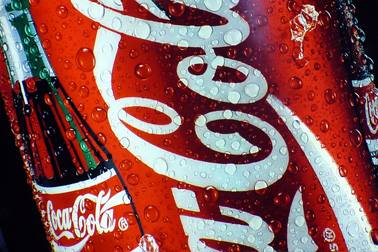
The Coca-Cola Company, the world''s largest soft drink maker, signed up three bio-based material makers in the United States to develop bottles made entirely of plants instead of petroleum-based plastics.
In a statement yesterday, Coca-Cola said Virent Inc., Gevo Inc. and Avantium each received multimillion-dollar contracts to expand the company''s recyclable "PlantBottles."
The three companies, chosen after a two year analysis of different technologies by the company''s research and development team and technical advisory board, will apply their own technologies to make plant-based plastics for Coca Cola.
Based on Coca-Cola''s press release, the companies will focus on finding an alternative to paraxylene.
Virent, based in Wisconsin, calls their technology BioFormPX. The company derives paraxylene from a variety of feedstocks, including sugarcane, corn and woody biomass, using special chemicals.
Avantium, from the Netherlands, follows the same route and calls their technology YXZ.
Virent announced that it has succeeded in making a 100-percent plant-based bottle last June and plans to open its first full-scale commercial plant in early 2015. Meanwhile, Avantium officially opened its pilot plant last December 8 in Geleen in the southern part of the Netherlands.
Meanwhile, instead of using catalysts, Colorado-based Gevo uses genetically modified yeast which converts sugar to produce isobutanol from feedstocks used by Virent and Avantium. It is a naturally occurring alcohol that can be used directly as a specialty chemical for plastics, gasoline and jet fuel.
The company, backed by billionaire Vinod Khosla, began converting an ethanol refinery in Luverne, Minnesota, to produce bio-based isobutanol last May, billed as the world''s first. The plant is expected to produce 18 million gallons of isobutanol per year when it goes online next summer.
Coca-Cola said it has distributed since 2009 more than 10 billion of its special polyethylene terephthalate, or PET, bottles made with as much as 30 percent plant material.
Coca-Cola currently produces a recyclable high-density polyethylene plastic made 100 percent from plant material used in some refrigerated juice products. However, they are not suitable for carbonated beverages. PET bottles start from two fossil-fuel derived chemicals, namely ethylene and paraxylene
Courtesy of: http://www.ecoseed.org

